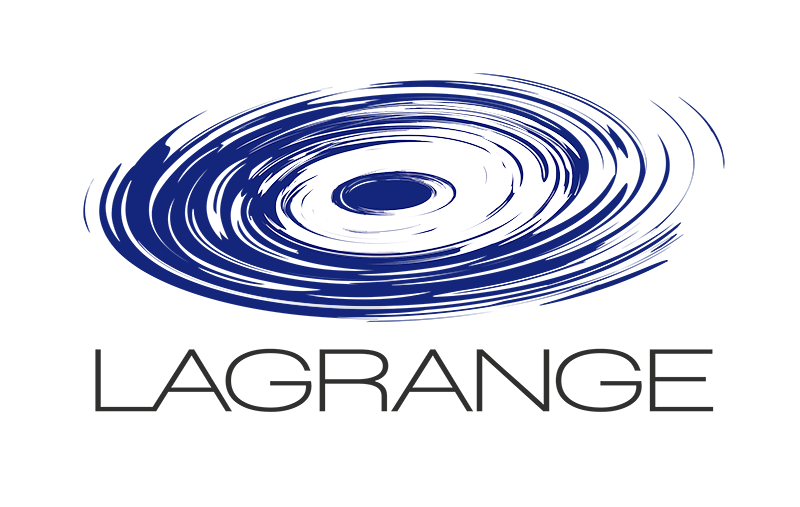Lagrange laboratory is recruiting Postdoc position « Stellar properties of exoplanet host stars ».
Job offer
3-year contract (H2020_AdG 2020: Project 101019953 ISSP)
Level
PostDoc, PhD required
Salary
Depending on experience
Type of position
Postdoc position with research activities in stellar physics, fundamental parameters of stars, interferometric observations, and stellar evolution models
Situation
Université Côte d’Azur – Observatoire de la Côte d’Azur - Laboratoire LAGRANGE – Bâtiment Fizeau du Campus Valrose (Nice) & Calern Observatory for remote observing.
Description of Observatoire de la Côte d’Azur
Observatoire de la Côte d’Azur is a French public Center for research in earth sciences and astronomy. With more than 450 persons working at four different locations (Nice Observatory, Université de Nice, Sophia Antipolis, Plateau de Calern), its role is to explore, understand and transfer knowledge about Earth sciences and astronomy, whether in astrophysics, geosciences, or related sciences such as mechanics, signal processing, or optics. OCA is composed of 3 research units (ARTEMIS, GEOAZUR, and LAGRANGE) and 1 support structure (GALILEE). This program will be developed in the Lagrange Laboratory.
The Interferometric Survey of Stellar Parameters (ISSP) ERC-Adv grant, started on 1 Sep 2021 for 5 years, aims at realizing and exploiting an ambitious and homogenous survey of the angular diameters of a thousand stars as faint as magnitude 8 in the visible and as small as 0.2 milliseconds of arc. It takes benefit of the recently commissioned CHARA/SPICA instrument installed on the CHARA Array, Mount Wilson Observatory (USA, CA). The survey is built to address key questions about the relation between planets and stars and to offer to the broader community a unique and primary source of direct information on a representative and large sample of stars all over the HR diagram. The ISSP team is offering three 3-year post doc positions to support the scientific programs of the survey that benefits from 200 nights of observation over the four coming years (~1 week/month, mostly through our remote facility at Observatoire de la Côte d’Azur).
Description of the position
This position is focused on the S01 SPICA program aiming at obtaining direct interferometric measurements of stars known to hosting exoplanets. This program is closely related to the ESA PLATO mission for which CHARA/SPICA aims at producing reliable interferometric measurements before the operation (extraction of non-seismic parameters of stars in the PLATO Input Catalog) and during the operation through follow-up programs. About 50 stars have been identified as targets for CHARA/SPICA and we expect more in the coming years with the advent of new discoveries. The goal is to develop reliable methods for the determination of ages and masses of Stars and Planets and to provide reliable and model-independent determination of radius and temperature. Managing this observing program will be one of the main topics of this position, together with the co-investigators of the ISSP survey. The second main aspect will be to interpret these interferometric determinations together with known parameters from the literature and with the use of existing stellar evolution models. This method will be used for others CHARA/SPICA programs based also on angular diameter measurements.
Knowledges and expertise in the exoplanet fields are of course important for this position. A good knowledge of different stellar evolution models is necessary. Some knowledge of optical interferometry would be of course ideal, together with an interest in observing. Synergies between the different positions will permit to benefit from the different scientific activities of the ISSP survey.
This team welcomes applicants with diverse backgrounds and experiences. We regard gender equality and diversity as a strength and an asset.
Main activities
- Observations with the CHARA/SPICA instrument and the CHARA Array. Data reduction. Exploitation of the interferometric data for the optimal extraction of stellar fundamental parameters.
- Use of stellar evolution models for constraining age and mass of targets.
- Understanding the planet parameters from the knowledge of the stellar parameters.
- Global analysis of the sample.
- Preparation of observations for potential new targets (TESS, CHEOPS, PLATO)
- Reporting, publications
- Collaboration on tools with other postdocs in the team
Skills
Knowledges and expertise in the exoplanet fields are of course important for this position. A good knowledge of different stellar evolution models is necessary. Some knowledge of optical interferometry would be of course ideal, together with an interest in observing.
Conditions
The position assumes some mobility in the United States at Mount Wilson in California for onsite observations. Many observations will take place remotely from the Plateau de Calern site of the Côte d´Azur Observatory.
Applications
The initial deadline is fixed to 15 Jun 2022. Interviews will be organized.
Application must be sent by email to denis.mourard@oca.eu. The application should contain a detailed CV, a letter of motivation describing the interest for the position and the skills for the activities that are described. Letters of recommendation (maximum 2) should be sent directly by the reference persons to denis.mourard@oca.eu
Contact
- Denis Mourard, (+33) 625 665 130
- denis.mourard@oca.eu
- https://lagrange.oca.eu/fr/welcome-erc-issp




